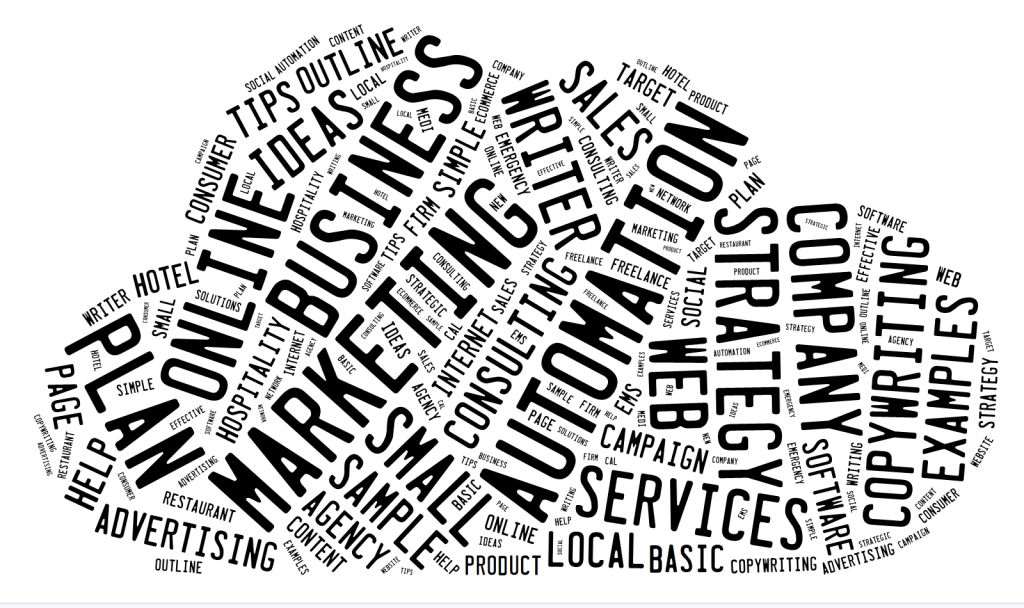Move over Big Data. Marketing automation became the new buzzword with marketers this year. The Marketing Automation: Best Practices for the Management of B2B Digital Marketing Campaigns report confirms the obvious as it discloses that 46% of all B2B marketers have already adopted marketing automation solutions in some form or another, and another 20% are actively evaluating marketing automation platforms for suitability. About 62% of those already using marketing automation systems are “strong” adopters, and this figure is set to rise to 81% next year.
About 78% of marketers adopted a marketing automation solution primarily to generate more online leads. The next big reason was to track website visitors (77%). About 70% of marketers adopted marketing automation to manage marketing campaigns and track lead activity, 69% to to score and qualify leads and 62% to automate lead nurturing techniques.
However, despite the ever-increasing pressure on marketers to justify spend and the increasing tendency to quantify activities, only 40% of marketers measure the ROI of the investment on marketing automation platforms. About 33% of those who measure do so by evaluating the cost per customer acquisition. Others use metrics such as email open rates, email click through rates and unsubscribe rates.
Regardless of the purpose or objectives, the transition to marketing automation denotes a quantum leap, the same way people upgraded from horse carriages to motor vehicles. Marketing automation not only frees the marketer from mundane and routine activities, it also improves the accuracy of the marketing efforts, enhancing both lead quality and insights that marketers obtain about their leads. Applied the right way, it also becomes an engine for adopting innovative practices in customer engagement at all stages in the marketing lifecycle.

